‘Lessons will be learned’ and ‘we will learn from this’ have become Alice in Wonderland phrases meaning the exact opposite of what they say.
When you hear them uttered it’s a guarantee that absolutely nothing will change.
From Boris Johnson’s Tories and partygate, to Nicola Sturgeon’s Scottish Government ferry fiasco, ‘lessons will be learned’ is becoming code for ‘We’ll sweep this under the carpet at the first opportunity’.
Ensuring that these phrases start to earn their corn is why accurate and fearless journalism is more important than ever.
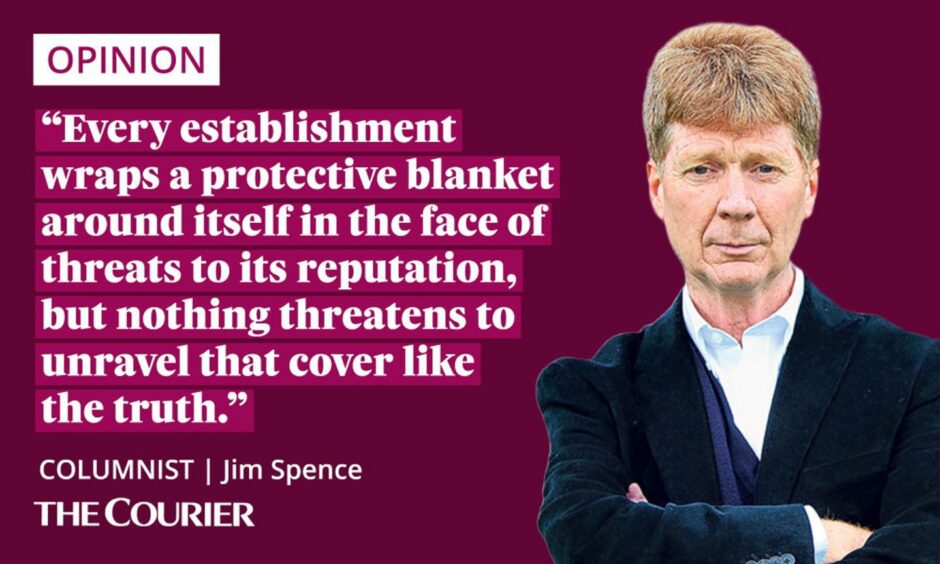
Journalists get a bad press these days but good ones are required to hold to account those in positions of power and influence who think they can hide inconvenient and troubling facts in the file marked ‘No action required’.
Over the years we’ve seen many in authority promise sweeping reforms after tragedies and cock ups, only for things to stay exactly the same.
From politicians to social work to health boards and others, those whose minor talents are often in inverse proportion to their major salaries must be accountable.
Too many in authority remain insouciant in addressing issues of incompetence.
They seldom actually show that they’ve learned any lessons from their indolence or inadequacies.
Every establishment wraps a protective blanket around itself in the face of threats to its reputation, but nothing threatens to unravel that cover like the truth.
That’s why journalists who gnaw at stories like a dog with a bone are crucial.
Bald statements can’t be taken at face value
In football journalism, where I’ve made my living for many years since switching career from law lecturing, the changing nature of the game as a business instead of a sport has seen a harsher scrutiny in the relationships between those reporting on it and those running it.
A former Dundee FC board member Calum Melville who was rumoured to be investing £1.6 million in the club once phoned me to say my television report of his worth was short by £20 million.
He claimed a Newspaper Rich list gave the figure as £120 million so could I correct my story.
Soon afterwards he quit Dens, and the club who’d been relying on his promised financial backing, which failed to materialise, subsequently went into administration.
In football, journalists have tended to build very personal relationships, but we’ve too often given owners and clubs the benefit of the doubt in assuming they’re fully transparent in their dealings with us.
Football club ownership is of course a peculiar business where the braggadocio – of almost always men – often highlights ambitions which overleap abilities.
The Melville incident was a salutary lesson that from whichever source, bald statements can’t be taken at face value.
Years after leaving Dens he was evicted from a luxury home in Gleneagles and declared bankrupt.
Journalism is more important than ever
Like football, politics is also full of idle bragging and credit claimed for achievements which belong to others.
Most folk are too busy with their daily grind and haven’t the time to check who did what and said what in the dim and distant past.
That’s why solid journalism is needed without fear or favour to rigorously examine assertions and claims.
At a time when journalism is under real pressure with jobs being lost countrywide it’s never been more important that folk in positions of authority are held to account.
George Orwell said: “Journalism is printing what someone else doesn’t want printed. Everything else is public relations.”
It’s easy to knock the trade and like any other profession there are good and bad operators, but someone is needed to check meticulously the claims of those who are frugal with the truth.
The job isn’t without its challenges; threats and abuse are a hazard even for simply asking questions which some folk don’t want aired.
Journalism is printing what someone else doesn’t want printed. Everything else is public relations.”
George Orwell
In 2013, I found that to my cost when a group of Rangers fans demanded that the BBC discipline me for a question I’d asked while presenting a radio show about the club’s liquidation.
The matter went to the BBC Trust in London, who cleared me, but a vicious online campaign followed and at one stage I was accosted near my home by a politely spoken well dressed but very angry fan.
I was brought up in one of Dundee’s hardier housing schemes where ‘pistols at dawn’ wasn’t standard operating procedure, so instead I offered him the time honoured alternative of ‘jaikits aff’, whereupon his aggressive bravado disappeared quicker than Harry Houdini’s handcuffs.
Journalists cut through the PR spin
Journalists are not a special breed, but they perform an important role in an age of misinformation and disinformation.
With so many avenues now open for spreading half truths and propaganda it’s vital that trustworthy broadcasters and print journalists pursue facts relentlessly and ask pertinent questions.
Between cutbacks, a 24-hour news cycle, and barely regulated social media, there are less resources and time to do the job.
Despite those pressures though there are still plenty in the trade endeavouring to live up to Orwell’s mantra and cut through the PR spin to ensure that when those in authority promise that ‘Lessons will be learned’, the phrase means more than just a hollow soundbite.
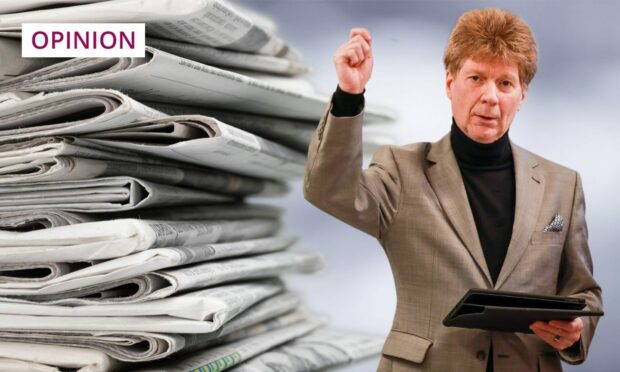
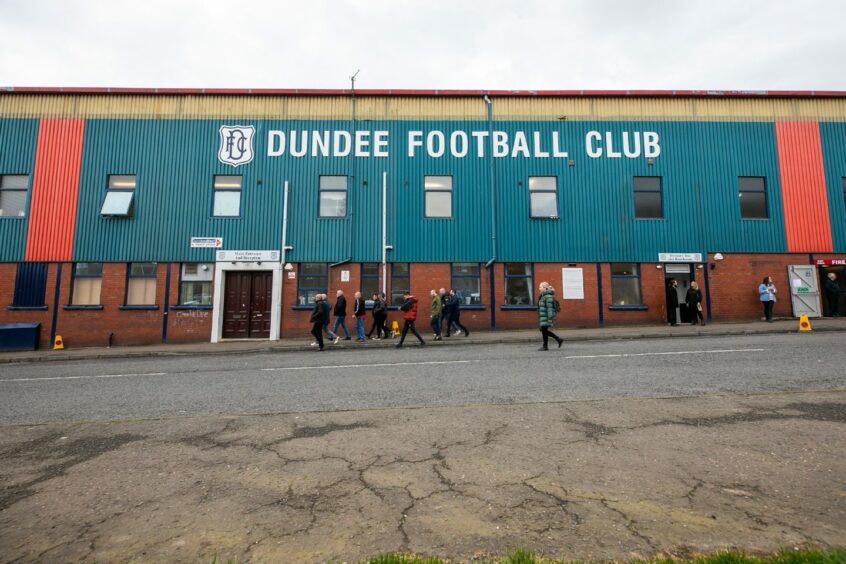
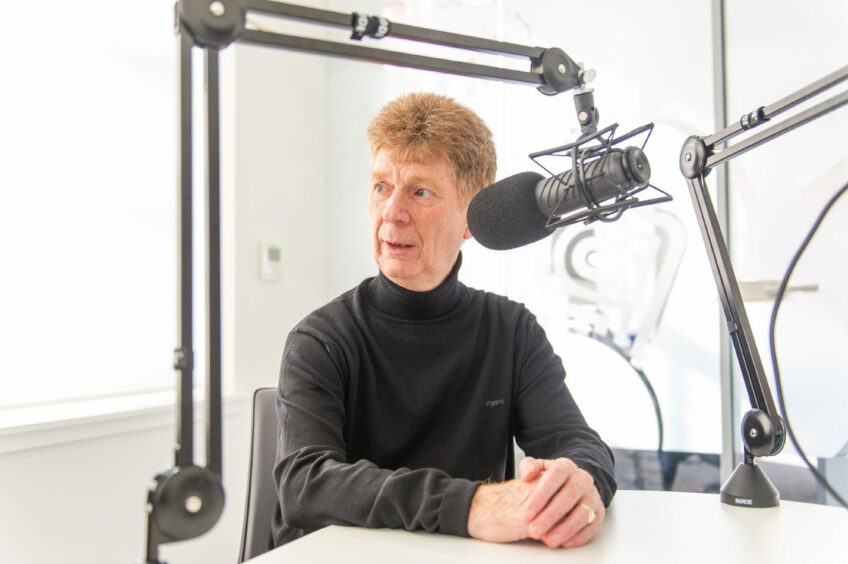
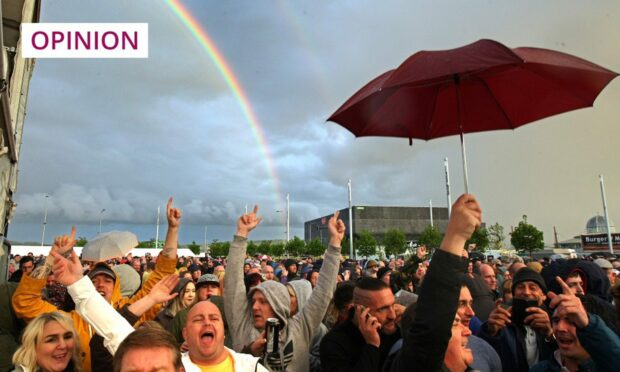
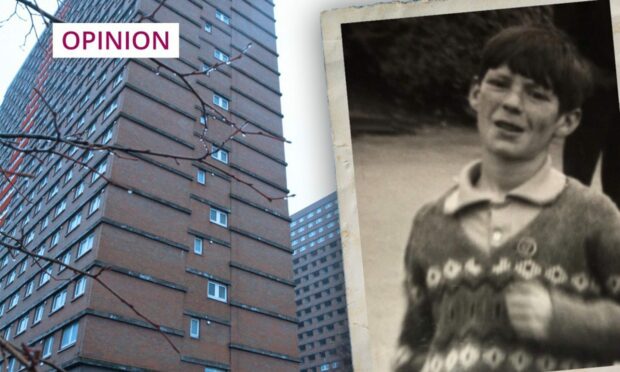
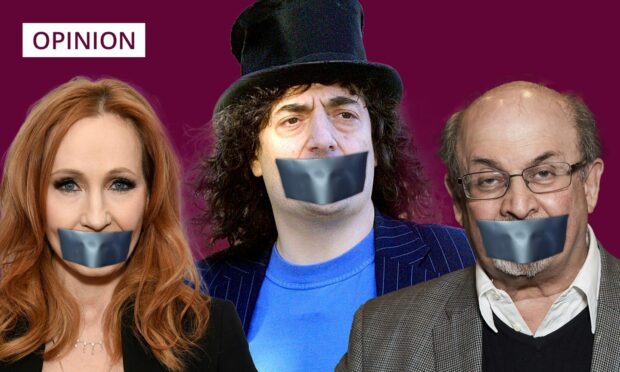
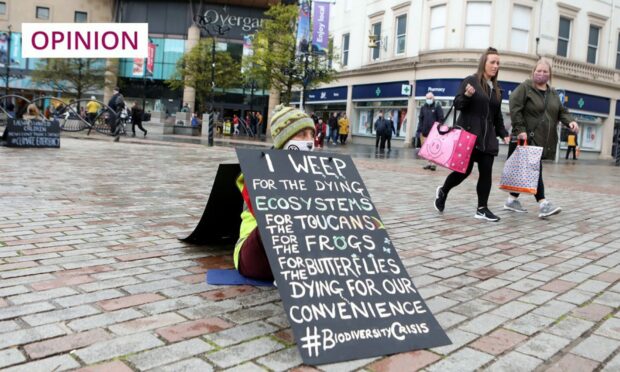
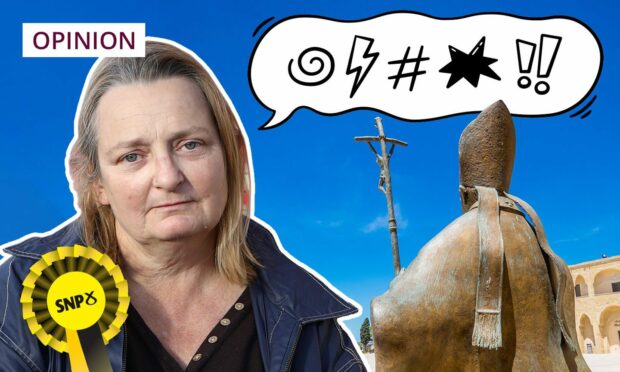
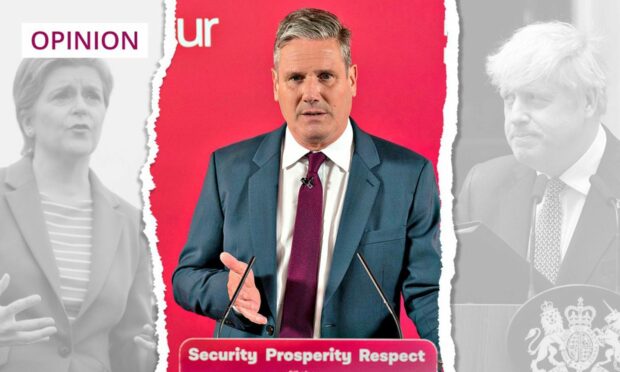










Conversation